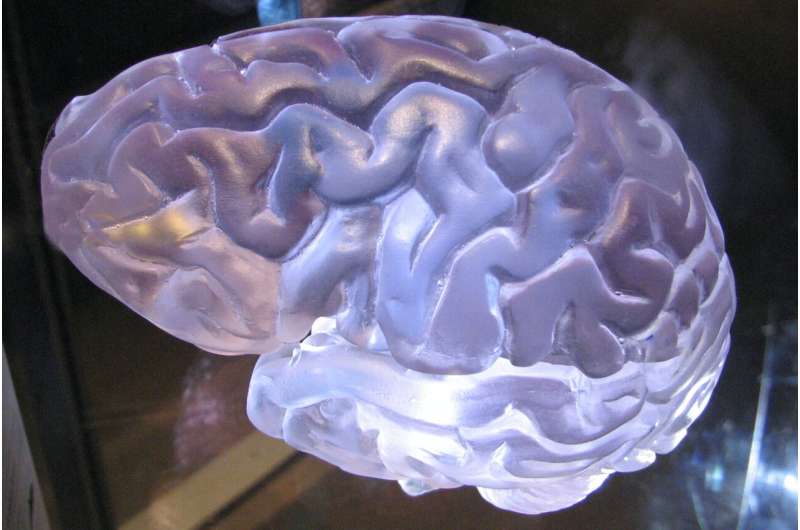New Insights into How the Brain's Immune System Contributes to Drug Relapse and Potential Therapeutic Strategies

New research reveals how the brain's immune response, particularly microglia and astrocytes, influences drug relapse, opening new possibilities for addiction treatments aimed at brain immune protection.
Recent research from the University of North Carolina at Chapel Hill has uncovered a novel mechanism within the brain that might explain the high incidence of relapse among individuals recovering from drug addiction. The study highlights the critical role of brain immune cells, particularly microglia, in the process of relapse. Using a rodent model of cocaine use, researchers observed that during abstinence, microglia actively prune support cells known as astrocytes, which are essential in maintaining neural circuit stability related to the brain's reward system. This microglial activity results in damage to astrocytes and increases drug-seeking behavior. Intriguingly, when scientists inhibited microglia from removing parts of astrocytes, relapse behaviors decreased significantly. This discovery suggests that the brain's immune response after drug use can promote craving by dismantling the supportive structures that keep neural circuits balanced. Astrocytes play a vital role in regulating the brain's reward pathways, and while previous studies indicated that cocaine use leads to astrocyte shrinkage, the underlying cause was unclear. This study is the first to show that immune cell activity directly causes this shrinkage, thereby elevating relapse risk. Co-lead researcher and professor Kathryn Reissner explained that targeting immune cells could provide a new therapeutic avenue, emphasizing that protecting these support cells may help reduce relapse rates. The findings are groundbreaking, as they shift focus from neurons alone to include the brain’s immune response, potentially revolutionizing addiction treatment. Co-lead researcher Anze Testen highlighted that these insights could lead to therapies aimed at safeguarding astrocytes and preventing harmful immune responses. The researchers also believe this neuroimmune interaction could be relevant to other substance use disorders, broadening the scope for future research. Ultimately, understanding how microglia and astrocytes interact after substance use offers promising pathways for developing targeted treatments that preserve brain health and improve recovery outcomes.
Stay Updated with Mia's Feed
Get the latest health & wellness insights delivered straight to your inbox.
Related Articles
Global Urgency to Combat the Rising Threat of Liver Diseases
A global movement highlights the urgent need for early detection and innovative care strategies to combat the rising tide of liver diseases like MASLD and MASH, aiming for a preventive approach ahead of 2030.
Resilience of Ambulance Staff During COVID-19: Insights from a Swansea University Study
A Swansea University study reveals the resilience and emotional challenges faced by ambulance staff during COVID-19, emphasizing the need for flexible, supportive emergency services in future crises.
Innovative Approach to Slowing Glioblastoma Growth by Blocking Brain Damage
New research suggests that blocking brain damage caused by glioblastoma may slow tumor growth and preserve neurological function, opening new pathways for early intervention strategies.
Innovative Two-Dose Antibiotic Therapy Shows Promise for Treating S. aureus Bloodstream Infections
A groundbreaking clinical trial reveals that a two-dose antibiotic regimen for S. aureus bloodstream infections is as effective as traditional lengthy treatments, offering a safer and more patient-friendly option.



